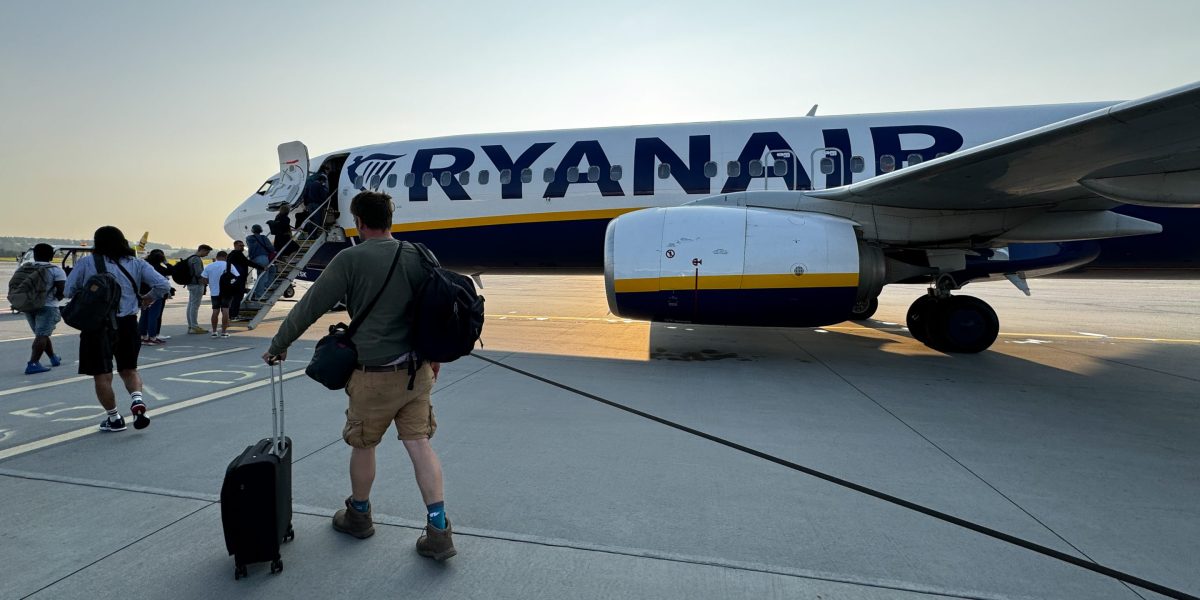Having griped about high fees and taxes at German airports in the past, Ryanair took matters into its own hands on Thursday by scrapping several routes and significantly cutting flight frequencies at many major German cities.
Michael O’Leary’s company will now offer 1.8 million fewer seats to Germany and cut 22 routes to various destinations, including Dresden and Hamburg. These cuts will take effect in 2025.
In May, German authorities hiked aviation tax by 22% per passenger as a way to shore up the government’s dwindling finances. But the move was met with pushback from the airline industry, with the International Air Transport Association (IATA) describing it as “short-term cash-grab” amid a period of sluggish economic growth for the country.
Ryanair warned it would take strict steps to reduce Germany-bound flights in August if the government didn’t slash the costs, which amounted to €15.53 per ticket, which other European countries don’t mandate. Moreover, the number of passengers on Germany’s flights hasn’t bounced back to pre-COVID levels, making the cost an additional burden.
“The refusal to promote growth at German airports is shortsighted, because Ryanair is prepared to expand considerably in Germany,” Eddie Wilson, CEO of Ryanair DAC, told Deutsche Welle.
“But the rising air travel tax, security and airport fees are leading to these capacities being relocated to other EU states.”
The company didn’t provide details on possible job losses that might ensue because of reduced flight routes, but it admitted there could be ripple effects on other workers and the hospitality industry.
Ryanair isn’t alone in retaliating to the spike in fees—Lufthansa, Germany’s flagship carrier, has also seen air traffic drop in the country since the new measures kicked in.
The Irish giant, which is Europe’s largest carrier, has rarely hesitated in lashing out at companies when its business is hurting. Earlier this year, Ryanair slammed travel agents like Booking.com and Kayak for removing its flights from their platforms. It eventually won the case in Delaware in July.
Travel has largely reset since the COVID-19 pandemic ground it to a halt. But Ryanair hasn’t had it easy with its “frugal” passengers who are reluctant to spend and wait for the last minute to book tickets. The Dublin-based low-cost carrier has lowered its outlook on fares for the current quarter as a result, which could have an impact on its revenue.
Ryanair is now considering taking a page from EasyJet’s success in building a sprawling package holidays operation.
Representatives at Ryanair didn’t immediately return Fortune’s request for comment.
